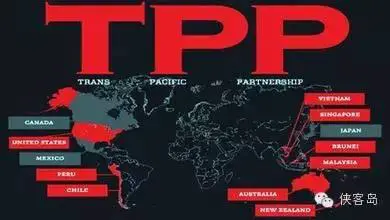South Korea's top central banker said Tuesday that the central bank will brace for a possible swing in the foreign exchange rate and the difference between local and foreign interest rates that may come from monetary policy changes in major economies.
Bank of Korea (BOK) Governor Lee Ju-yeol said at a parliamentary forum that if the U.S. Federal Reserve ends the bond- buying program and begins hiking rates, the South Korean currency would show a relative weakness to the U.S. dollar amid a narrowing difference in interest rates between South Korea and the United States.
Foreign investors tend to buy South Korean shares and bonds, based on an expected return for investment, which is usually determined by changes in the foreign exchange rate and the interest rate differential.
If the Fed raises its benchmark interest rate with no change in the South Korean policy rate, foreign funds could abruptly flow out of the country for higher yields.
The Fed is widely expected to end the bond-buying program within this year, before launching the rate hike later next year. The BOK cut the policy rate by a quarter percentage point to 2.25 percent in August amid the political pressures on the bank to join the fiscal stimulus movement.
Governor Lee said it needs to pay attention to the timing and pace of the Fed's policy normalization, noting that changes in the international financial markets would come in accordance with the normalization schedule.
Touching on the monetary easing by European Central Bank (ECB) and Bank of Japan (BOK), Lee said it would be a factor that reduces the value of the euro and the yen.
He worried that if the BOJ unveils additional easing measures, it would lift the value of the South Korean currency against the yen, possibly worsening competitiveness of South Korean exporters.
Lee, however, noted that his comments about the relative strength of the local currency to the yen should not be interpreted as a signal for cutting interest rates further, saying it would not be desirable to alter interest rates with the foreign exchange rate in mind.
 简体中文
简体中文

